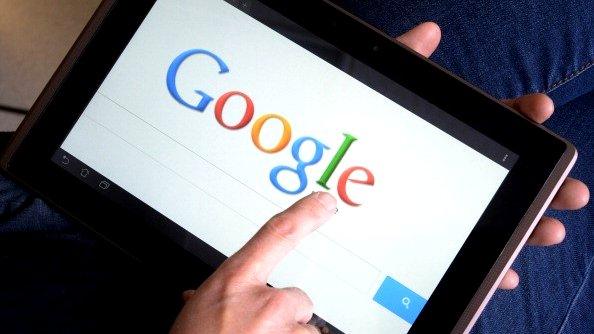Google offers cash support to Europe's news groups
- Published
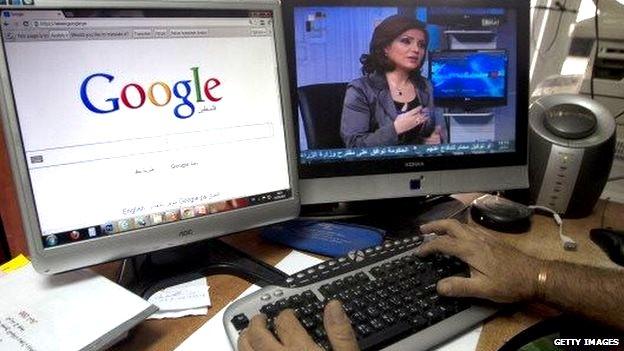
Google is offering to help European media organisations make money from the internet
Google has pledged to give €150m ($163m; £107m) to European news publishers and journalism-focused start-ups over the next three years.
The funds - which are part of a wider package - will be used to support the organisations' efforts to earn money from their own online coverage.
The Financial Times, the Guardian, Spain's El Pais and Germany's Die Zeit are among those backing the initiative.
But several media groups that have been critical of Google are not involved.
Publications belonging to Rupert Murdoch's News Corp and the Berlin-based Axel Springer group are among those absent from a list of "founding partners", although Google has said they are welcome to join.
The US company previously agreed to set up a similar fund to support French media organisations in 2013 in order to settle a dispute about its right to show headlines and text culled from their sites on its Google News facility.
At the time, analysts said the agreement "opened the door" to similar agreements in other countries where newspapers were also seeking licensing fees.
Organisations that do accept funds from the firm may need to assure their readers that they have taken steps to avoid a conflict of interest in their subsequent coverage of its activities.
The European Union:
recently accused Google of abusing a monopoly position in online search
is investigating whether the firm unfairly bundles its Android apps
is expected to try to tighten restrictions on how the wider tech sector makes use of the public's personal data
And these contentious issues are likely to feature prominently in the European media's news and comments sections over the coming months.
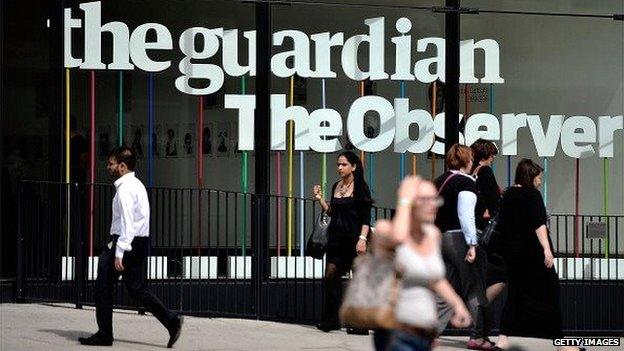
Guardian News & Media Limited is among the UK newspapers groups involved in the scheme
'Test of success'
In addition to its innovation fund, Google has also pledged to:
work with European publishers to discuss ways to boost revenues via the use of ads, apps, paywalls and analytics data
pay for three of its own workers - based in Paris, Hamburg and London - to provide digital skills training to journalists
fund research to investigate how people consume news and find new techniques to crowdsource information
"Through the Digital News Initiative, Google will work hand in hand with news publishers and journalism organisations to help develop more sustainable models for news," said Carlo D'Asaro Biondo, president of strategic relationships for Google in Europe.
"This is just the beginning, and we invite others to join us."
However, at least one of the parties involved is wary that the deal might promise more than it ultimately delivers.
"We welcome the Digital News Initiative, and see its real potential. But that potential depends on whether, having been conceived by Google in Europe, it is now adopted by Google [bosses at its US headquarters] in Mountain View," said Tony Danker, international director of Guardian News & Media Limited.
"The test of success is whether it leads to meaningful change to ensure journalism flourishes in the digital age."

ANALYSIS
by Rory Cellan-Jones, technology correspondent
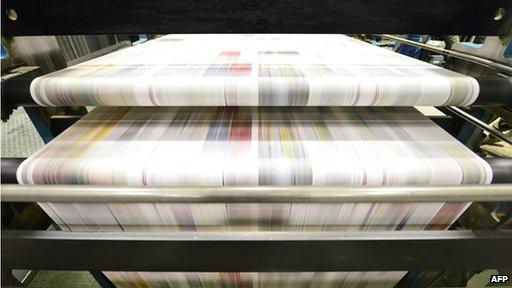
"We are all very conscious this could be seen as a cynical piece of PR" - so said one person involved in the talks which led to Google's Digital News Initiative.
The newspaper groups which have signed up to the agreement are well aware that the search firm needs to improve its image in Europe after the accusations that it has used its muscle unfairly.
But they say they will press for real changes in the way Google operates when it comes to news - and will cry foul if they don't get results.
Papers that operate paywalls are exercised about a policy called First Click Free, which means they are forced to allow free access to five articles a day if they want their stories to be indexed.
They say that any decision about what to give away should be made by them, not Google. And all of the papers are concerned that there is no reward online for original journalism - exclusive stories are copied and scraped within seconds by sites that pay nothing for them.
They want Google's engineers to find ways of favouring original content in search results.
For the moment, the papers and Google have decided on jaw, not war. But many of the news organisations most hostile to the search firm are absent from this agreement - they will be looking on with a sceptical eye to see what happens next.
- Published1 February 2013
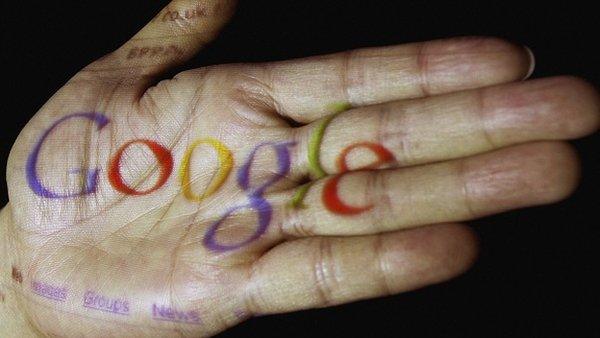
- Published20 April 2015
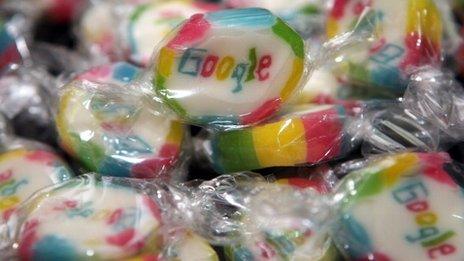
- Published15 April 2015
